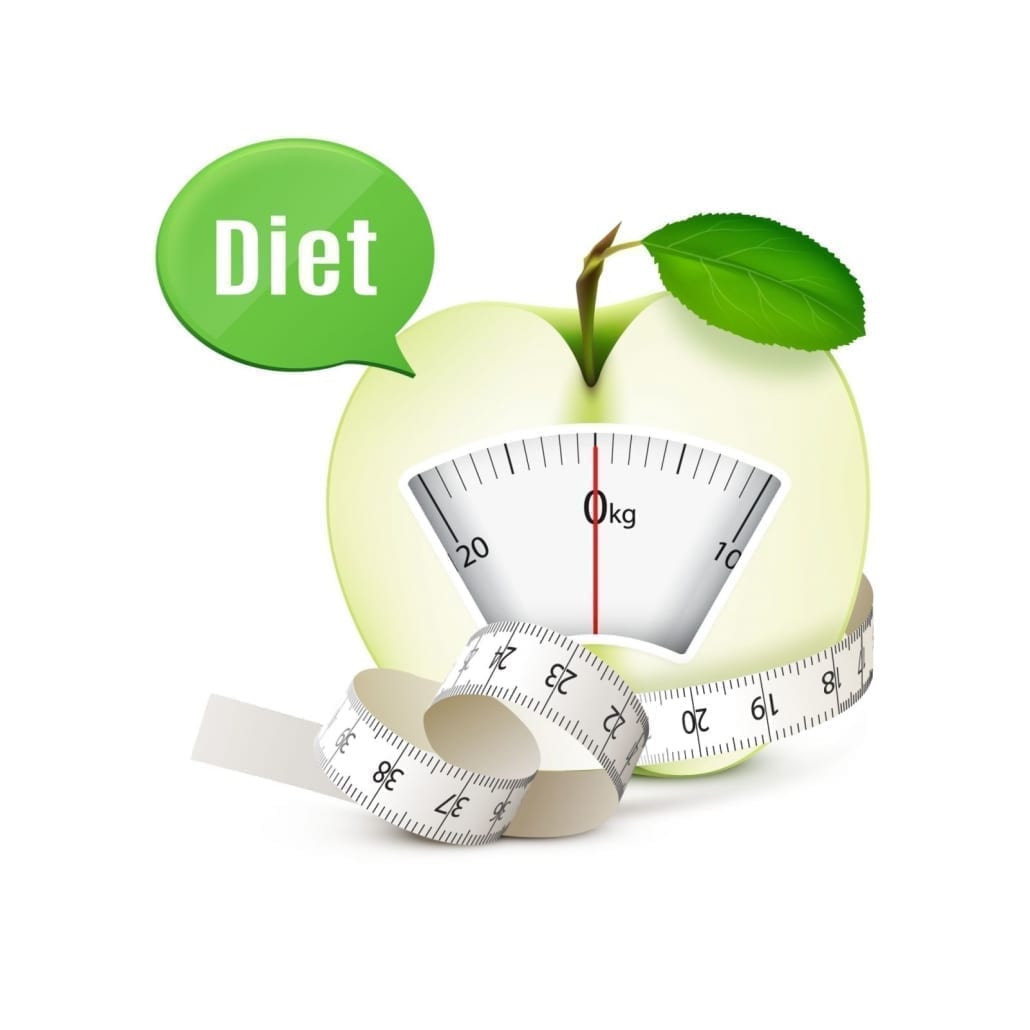“I seem to be doing everything right, but I’ve stopped losing weight!”
As a doctor I hear this quite often. There are many reasons outside of your eating and exercise habits that could be causing a plateau in your weight loss journey. It’s important to understand a whole picture of what could be going on that includes hormone levels, environmental toxins, genes, nutritional imbalances and organ function. For example, did you know that gluten intolerance can cause hypothyroidism? Hypothyroidism (underactive thyroid) is a condition in which your thyroid gland doesn’t produce enough of certain important hormones and the result is weight gain.
Hypothyroidism affects one in five women and one in ten men, but is commonly overlooked any many are never diagnosed. There are many reasons the thyroid can be affected. Symptoms of Hypothyroidism include:
- Weight gain
- Fatigue
- Sensitivity to cold temperatures
- Depression
- Dry skin
- Thinning hair
- Heavy menstrual periods in women
- Trouble sleeping
- Difficulty concentrating
- Pain or swelling of the joints
- Constipation
- High cholesterol levels
- Muscle weakness
There are a wide variety of reasons that my cause a low functioning thyroid, but some of them include:
-
- Radiation treatment.
- Certain medications
- Stress
- Environmental toxins
- Too much or too little iodine
- Damage to the pituitary gland
- Pesticides
- Heavy metals
- Inflammation
- And more…
Another culprit to a slow thyroid – nutritional deficiencies. Hypothyroidism is on the rise in the United States today, but very few doctors actually pay attention to the nutritional relationships between your thyroid and vitamins and minerals. The thyroid gland need very specific nutrients to run optimally such as omega 3 fats, zinc, iodine, vitamin B-12 and selenium and a proper amount of protein in your diet.
Thyroid function plays a vital role in maintaining a healthy weight, and hypothyroid can be major player in weight-loss resistance. If you are experiencing weight loss resistance and suspect the cause may be your thyroid, contact your doctor for a diagnosis. If you do have a low functioning thyroid, it is important to remember to treat the condition and discuss with your doctor effective ways to optimize functionality through diet, supplements and thyroid hormone replacement therapy.
To learn more about my practice and ways I can help you on your weight loss journey, click here to reach one of my staff member.





